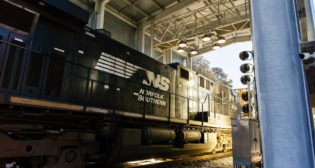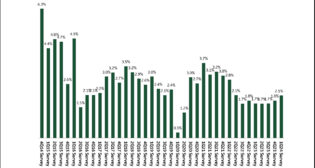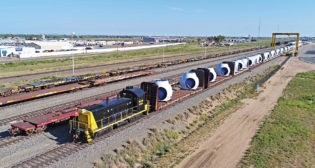
RSI Again Urges Congress to Pass Freight RAILCAR Act
Written by Marybeth Luczak, Executive Editor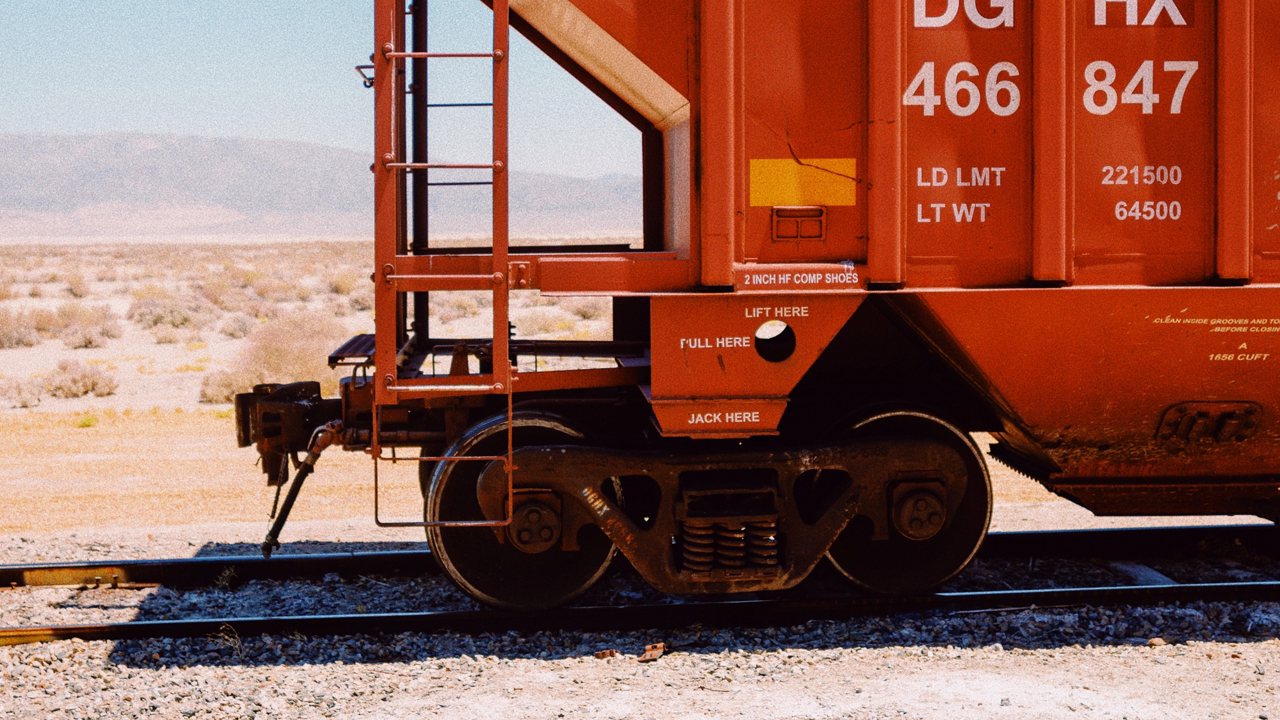
The 2023 version of the Freight RAILCAR Act “offers a time-limited 10% tax credit for new railcars or the modification of existing railcars to offset the costs of either replacing two existing railcars with a new railcar that would improve fuel efficiency or capacity by at least 8%, modernizing an existing railcar to improve fuel efficiency or capacity by at least 8%, or upgrading a car to DOT-117 tank car specifications,” according to RSI.
U.S. Rep. Darin LaHood (R-Ill.) has reintroduced the Freight RAILCAR Act. This bipartisan legislation, supported by the Railway Supply Institute (RSI), would provide a “time-limited tax credit” for the purchase of new railcars or modification of existing cars to help offset the costs associated with taking older equipment out of service. Railway Age Financial Editor David Nahass weighs in.
According to LaHood and original co-sponsor Rep. Brad Schneider (D-Ill.), the replacement railcars “will improve fuel efficiency and modernize our freight rail industry while recycling old metal that can be reused for other purposes.”
The Freight Rail Assistance and Investment to Launch Coronavirus-era Activity and Recovery Act debuted in summer 2020, and was reintroduced in March 2021 and in June 2022.
The 2023 version of the bill (H.R. 838), like the 2022 version, “offers a time-limited 10% tax credit [unlike the original bill’s 50% tax credit] for new railcars or the modification of existing railcars to offset the costs of either replacing two existing railcars with a new railcar that would improve fuel efficiency or capacity by at least 8%, modernizing an existing railcar to improve fuel efficiency or capacity by at least 8%, or upgrading a car to DOT-117 tank car specifications,” RSI told Railway Age on Feb. 16. Additionally, the 2023 version, like the 2022 version, “no longer has [the original bill’s] tax credits for scrapping railcars or capital expenditures on new equipment.” (For more details, scroll down for RSI’s downloadable white papers.)
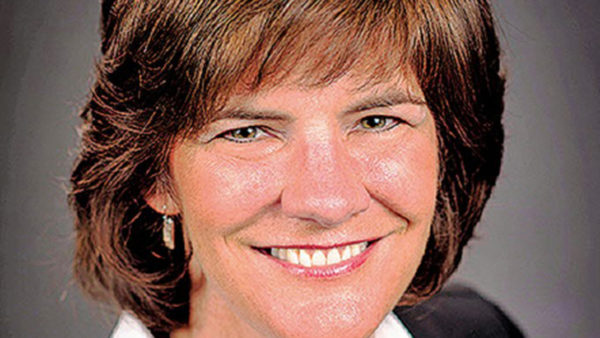
“Railway supply is at the heart of safe, efficient and sustainable movement of people and products in the United States,” RSI President Patty Long said. “For this reason, RSI strongly supports legislation that will offer tax credits encouraging the adoption of new, more efficient and environmentally friendly freight railcars. RSI thanks Representatives LaHood and Schneider for leading this charge and all other co-sponsors for their support. We urge Congress to pass this important bill.”
The Freight RAILCAR Act of 2023, introduced in the 118th Congress on Feb. 6, has 32 co-sponsors, 29 of whom are original (starred): Reps. Brad Schneider (D-Ill.)*; Don Bacon (R-Neb.)*; Sanford D. Bishop Jr. (D-Ga.)*; Jim Banks (R-Ind.)*; Earl Blumenauer (D-Ore.)*; Jerry L. Carl (R-Ala.)*; Suzanne Bonamici (D-Ore.)*; Eric A. (Rick) Crawford (R-Ark.)*; Henry Cuellar (D-Tex.)*; Jake Ellzey (R-Tex.)*; Daniel T. Kildee (D-Mich.)*; A. Drew Ferguson IV (R-Ga.)*; Jimmy Panetta, (D-Calif.)*; Kay Granger (R-Tex.)*; Linda T. Sánchez (D-Calif.)*; Sam Graves (R-Mo.)*; Terri A. Sewell (D-Ala.)*; Tony Gonzales (R-Tex.)*; Dina Titus (D-Nev.)*; Richard Hudson (R-N.C.)*; Sharice Davids (D-Kans.)*; Kevin Hern (R-Okla.)*; Wesley Hunt (R-Tex.)*; Michael T. McCaul (R-Tex.)*; Nathaniel Moran (R-Tex.)*; Gregory Murphy (R-N.C.)*; Mike D. Rogers (R-Ala.)*; Roger Williams (R-Tex.)*; Beth Van Duyne (R-Tex.)*; Randy K. Weber Sr. (R-Tex.); Andrea Salinas (D-Ore.); and Stephanie I. Bice (R-Okla.).
The bill has been referred to the House Ways & Means Committee. It has yet to gain the co-sponsorship of the committee’s Chairman, Rep. Jason Smith (R-Mo.), or the senior Democrat member, Rep. Richard Neal of Massachusetts. Rep. LaHood, who introduced the bill, is a Ways & Means Committee member, as are co-sponsors Schneider, Blumenauer, Kildee, Ferguson, Panetta, Sánchez, Sewell, Hern, Murphy, and Van Duyne.
H.R. 838 currently has no Senate counterpart as the Constitution (Article I, Section 7) requires tax legislation originate in the House. The fate of the bill depends on a House Ways & Means Committee hearing and a majority vote that it be considered on the House floor. If passed by the House of Representatives, it would move to the Senate Finance Committee for initial Senate consideration.
Railway Age Financial Editor David Nahass comments:

“Having an incentive to build new railcars is a positive thought for the industry as the average age of the national fleet is approximately 20 years. Having said that, new railcar production is operating at maximum capacity considering the labor and supply issues currently putting a cap on 2023 new car production and pushing delivery times into early 2024. The general consensus is a build year of approximately 47,000 new units in 2023. That number will not be increased as a result of extraneous forces such as a tax credit.
“Additionally, railroad service and loadings growth stagnation continues to be an issue for the industry overall. Providing some additional incentive to manufacture new cars without a concrete correlation to demand tends to imbalance markets. As I noted in 2020 when RSI made the original proposal on a bill of this type, ‘What we need to see is an equipment cycle driven by demand, not by tax credits or congestion or poor service. Those never end well.’”
